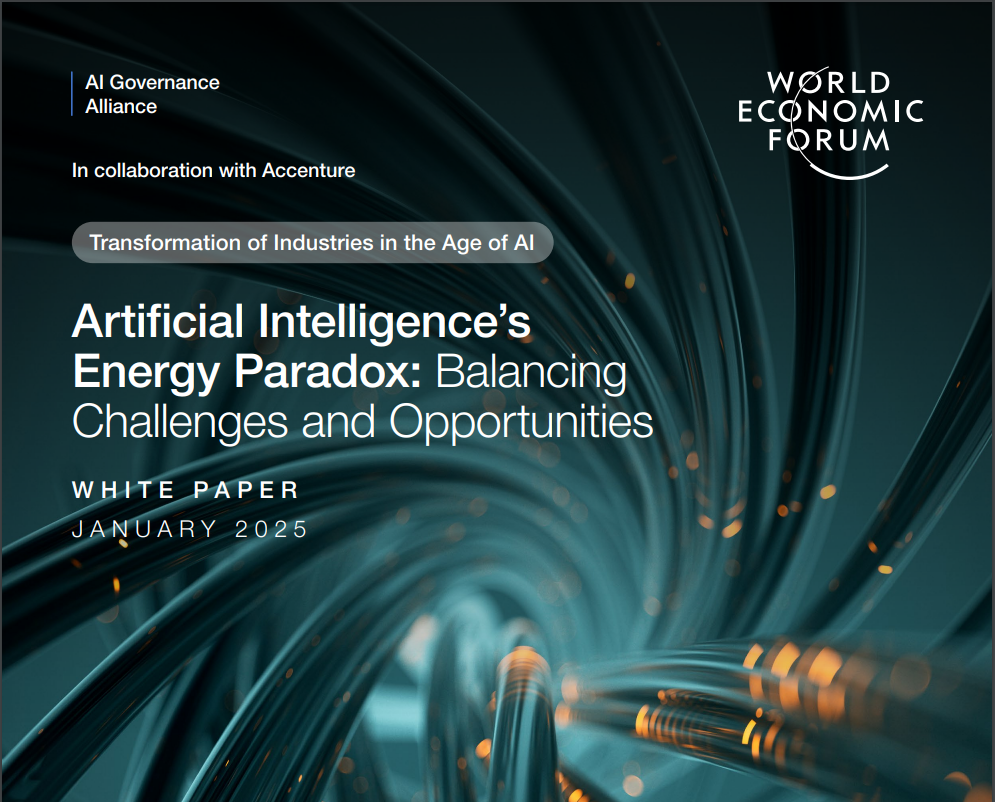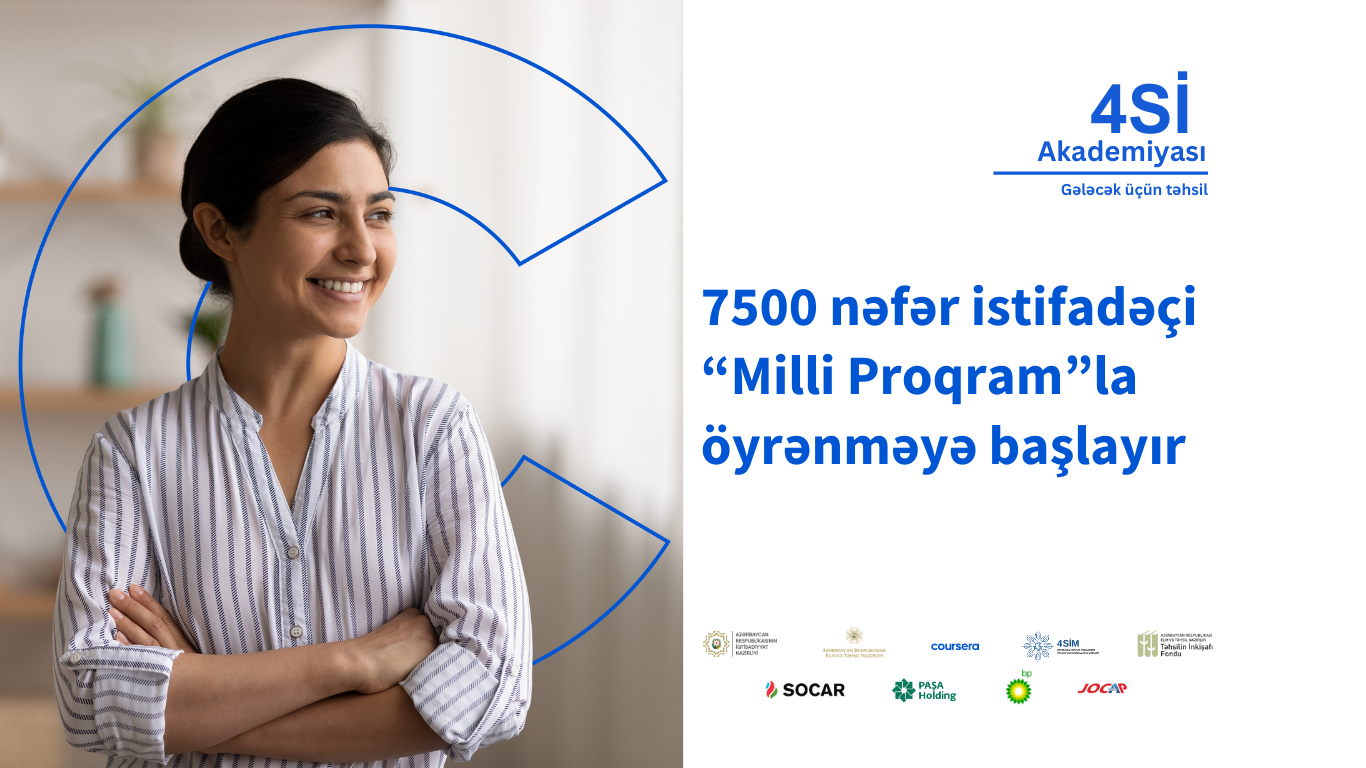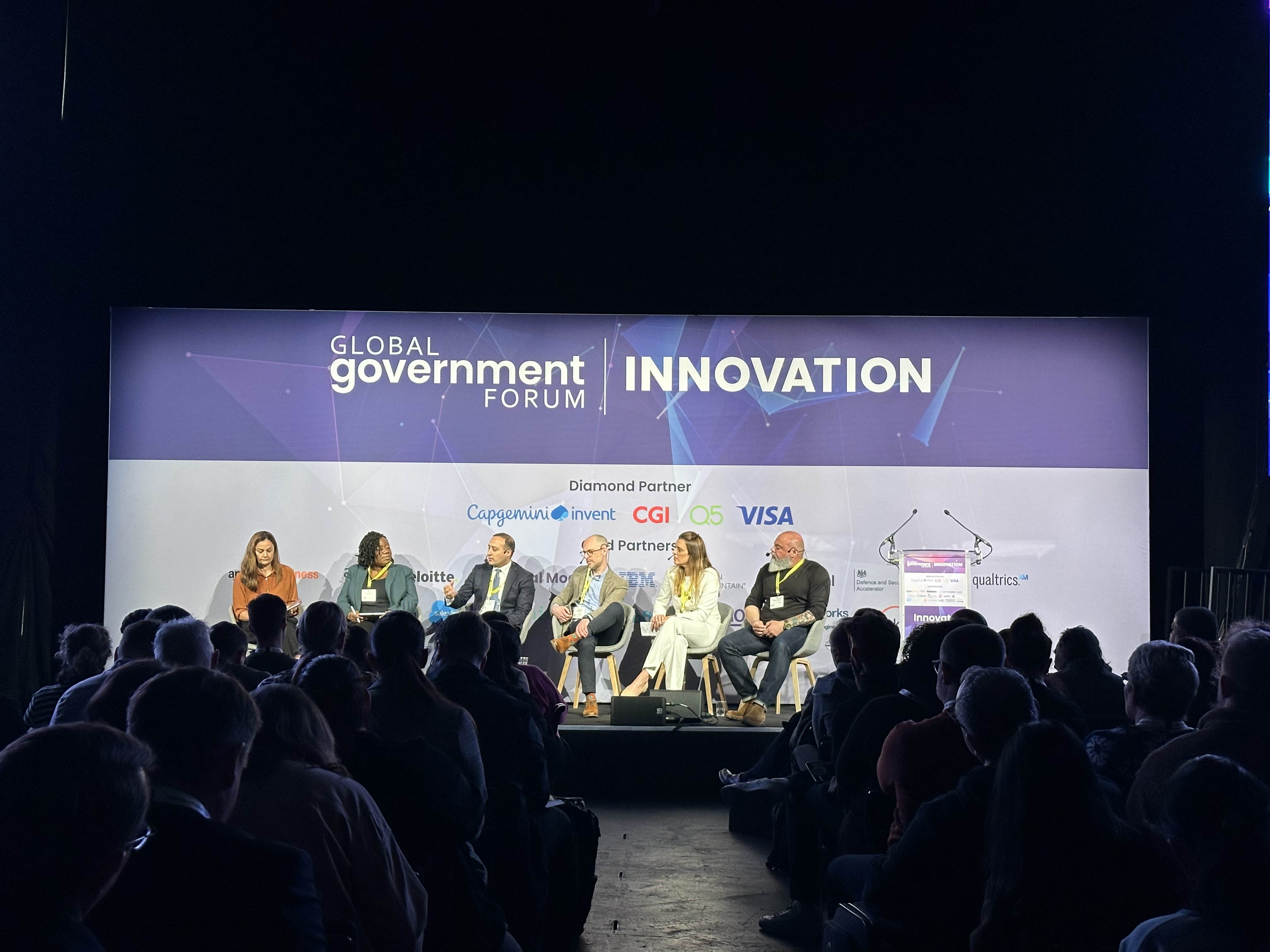The World Economic Forum (WEF) has published a report titled "The Energy Paradox of Artificial Intelligence: Balancing Challenges and Opportunities."
The report highlights that despite the growing number of AI solutions aimed at reducing energy consumption, the global electricity demand of AI technologies themselves is projected to increase by 50% annually by 2030. It also explores the challenges associated with AI implementation, incorporating insights from over 40 organizations across 9 different sectors.
The document was developed in collaboration with WEF’s AI Governance Alliance and Centre for Energy and Materials, which bring together more than 600 stakeholders, including global tech giants such as Microsoft, Google, OpenAI, and Meta. This alliance, of which 4SİM is a member, focuses on addressing global issues related to the deployment and governance of AI.
Special attention is given in the report’s section, "Effective Ecosystem Collaboration: Partnerships, Policy Support, and Global Alignment," to the "AI Solutions in Energy" project, jointly implemented by WEF’s Centre for Energy and Materials, C4IR Azerbaijan, and other partners. It underscores efforts to align global best practices with local contexts through multilateral pilot projects, supporting Azerbaijan’s energy transition goals.
To access the full report: The Energy Paradox of Artificial Intelligence



